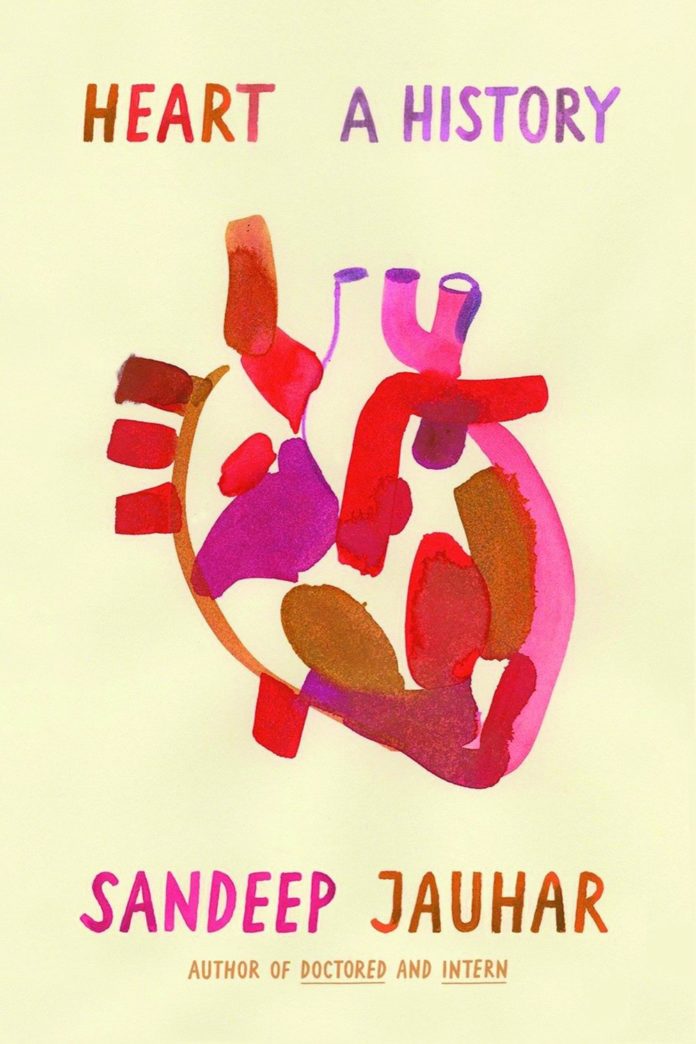The annual congress of the Acute Cardiovascular Care Association in Spain will look at various aspects of heart disease
Is it better for a person with heart disease to have a heart attack while travelling or at home?
The annual congress of the Acute Cardiovascular Care Association (ACCA), a branch of the European Society of Cardiology (ESC), will debate this and many other such issues between 2 to 4 March at the Palacio de Ferias y Congresos de Malaga (FYCMA) in Malaga, Spain.
Acute cardiovascular care is the specialty of cardiology dealing with urgent problems including heart attack, cardiac arrest, and acute heart failure, where decisions can make a difference between life and death.
More than 1,000 participants from over 70 countries will come together to learn the most effective way to save the lives of acutely ill cardiac patients. As the leading scientific event for all healthcare professionals who care for acutely ill cardiac patients, the congress brings together cardiologists, intensivists, anaesthesiologists, internists, cardiac surgeons, nurses, and paramedics.
Women are around 8-10 years older than men when they have a heart attack and while they have similar symptoms as men
Research is at the heart of the congress and more than 600 abstracts and clinical cases will be presented. Stay tuned for findings on the impact of dementia on treatment and prognosis after a heart attack, and the link between gum disease and vulnerability of coronary plaques. The top heart attack risk factor in young adults in Andalucia, where the congress is being held, will also be revealed.
Gender must be taken into account when diagnosing and treating patients with acute cardiac problems and a session is dedicated to the distinctive features of acute coronary syndromes including heart attacks in women.
Women are around 8-10 years older than men when they have a heart attack and while they have similar symptoms as men, heart attacks without artery blockages are more common in women.
Dr Sergio Leonardi, Chairperson of the Scientific Programme, said: “Heart attacks without obstructed arteries are completely different to those with blocked vessels and require alternative treatments. When women present to the emergency department we must consider that this diagnosis is more likely.”


